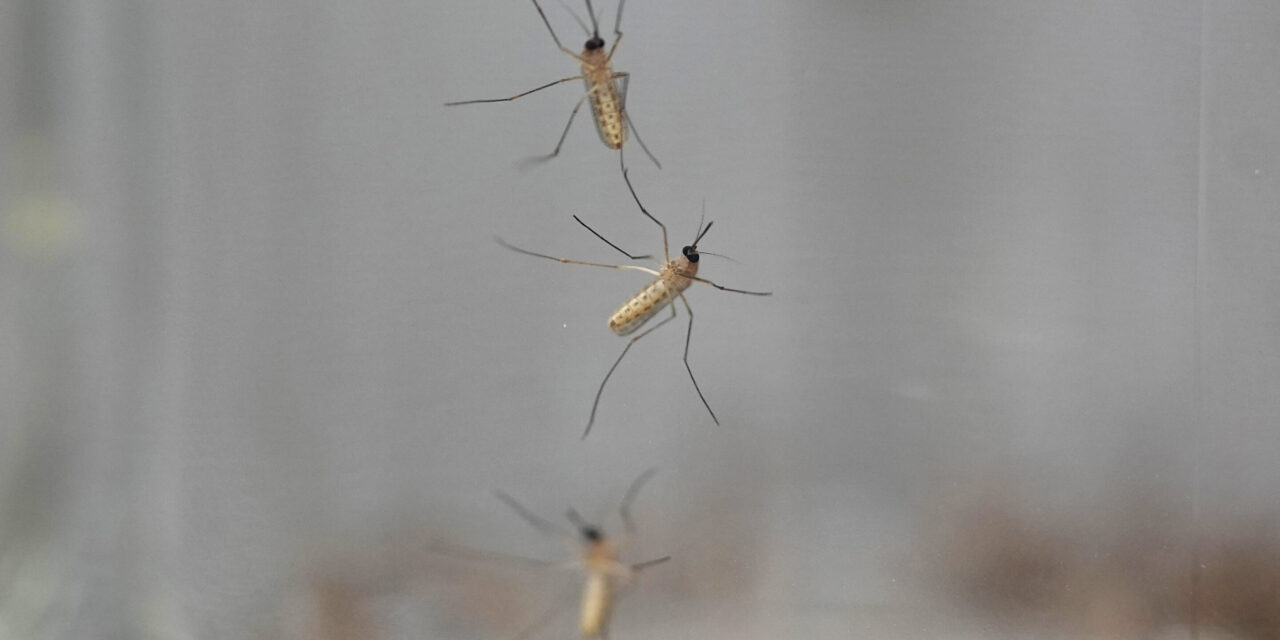As the weather warms up, mosquito season is kicking off across much of the United States. These tiny, buzzing pests are not just annoying; they can also pose serious health risks. When mosquitoes bite, they use a specialized mouthpart called a proboscis to pierce the skin and draw blood. In the process, they inject saliva into the skin, which can cause itchy bumps and potentially spread dangerous diseases like malaria, dengue, West Nile, and Zika viruses.
Choosing the Right Mosquito Repellent
To avoid mosquito bites, the Centers for Disease Control and Prevention (CDC) recommends using repellents that contain specific active ingredients. Look for products with DEET, IR3535, picaridin, or oil of lemon eucalyptus. These ingredients are registered with the Environmental Protection Agency (EPA) and have been proven to offer protection for several hours.
It’s important to note that oil of lemon eucalyptus is different from lemon eucalyptus essential oil, which is not recommended by the EPA for mosquito repellent use. Additionally, the CDC does not endorse other “natural” products that haven’t undergone thorough evaluation for safety and effectiveness.
Additional Precautions to Prevent Mosquito Bites
In addition to using repellents, there are other strategies to minimize mosquito bites:
- Wear Protective Clothing: Long sleeves and long pants can provide a physical barrier against mosquito bites.
- Avoid Peak Mosquito Activity Times: Try to stay indoors during dawn and dusk, when mosquitoes are most active.
- Eliminate Standing Water: Mosquitoes breed in standing water, so it’s crucial to remove any potential breeding grounds like buckets, kiddie pools, and other containers that can collect water.
Silvie Huijben, an evolutionary biologist at Arizona State University, emphasizes the importance of removing standing water to prevent local mosquito breeding. Huijben has also developed an online game to help children learn about mosquito prevention.
The Role of Insecticides
For those looking to take further measures, treating clothes and outdoor gear with permethrin, a pesticide, can help ward off mosquitoes. The CDC’s mosquito lab in Fort Collins, Colorado, tests the effectiveness of various insecticides but does not evaluate repellents. Their testing process involves coating bottles with insecticide, adding mosquitoes, and observing the mortality rate over two hours compared to untreated bottles.
How Insecticides Are Tested
The Centers for Disease Control and Prevention (CDC) operates a mosquito laboratory in Fort Collins, Colorado, where insecticides are evaluated. Repellents are not tested at this facility.
To test insecticides, researchers coat the inside of a bottle with a specific dose of an insecticide ingredient. They then place around 25 mosquitoes inside the bottle. The mortality rate of the mosquitoes is observed over a two-hour period and compared to a control bottle, which is uncoated but contains the same number of mosquitoes.
This testing method is widely used in the U.S. and is gaining popularity worldwide. It is considered simpler and more cost-effective than other methods, such as directly applying insecticide drops to mosquitoes.
Monitoring Insecticide Resistance
Mosquitoes, like bacteria, can develop resistance to certain chemicals over time. Permethrin, a pyrethroid insecticide, is one such chemical that mosquitoes are increasingly resisting. Pyrethroids became popular in the 1990s as a replacement for older pesticides and are widely used by mosquito control programs and homeowners alike.
Resistance testing is crucial as it helps scientists understand how mosquitoes respond to different insecticides. The CDC collaborates with state and local officials to conduct real-world field testing, including monitoring mosquito populations after insecticide fogging.
Conclusion
As mosquito season begins, taking proactive measures to protect yourself from bites is essential. Use recommended repellents, wear protective clothing, avoid peak mosquito activity times, and eliminate standing water around your home. Stay informed about the effectiveness of insecticides and the potential for resistance. By staying vigilant, you can enjoy a safer, bite-free summer.
For more information on mosquito prevention and the latest research, visit the CDC’s website.











